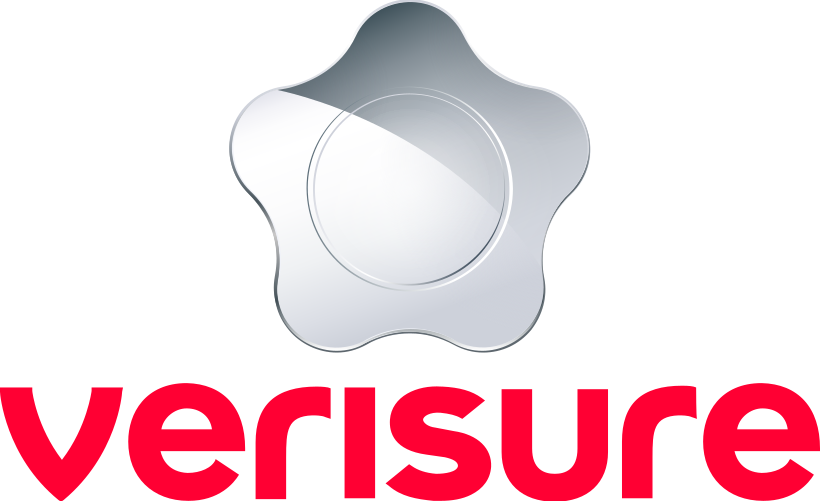
- Innovative solutions with Danish support and consulting – Everything we do is with an open API and documentation
News

Companies now stand at a crucial point in their AI journey: it’s no longer about experimenting, but about implementing. At ZRM, we’re seeing more organizations wanting to move from test projects to real application, where AI becomes an integrated part of processes, teams, and systems.
Google’s launch of Gemini Enterprise highlights this exact shift. The new platform aims to make artificial intelligence a natural part of companies’ daily operations, not as an isolated tool, but as a unifying foundation across departments.
Gemini Enterprise is more than just an AI product. Google presents it as an ecosystem where companies can build, share, and manage their own AI agents that handle specific tasks within areas such as sales, HR, finance, development, and customer service.
The platform is available through Google Cloud and integrates directly with Google Workspace, Microsoft 365, Salesforce, and SAP, enabling data and processes to flow seamlessly across systems.
Through a central chatbot, employees can search and analyze information, and orchestrate agents to automate workflows
Among companies to partner with Gemini are Figma, Klarna, Gordon Food Service, Macquarie Bank, and Virgin Voyages. The latter has already deployed over 50 specialized AI agents that operate autonomously in day-to-day operations.
According to Google Cloud’s CEO, Thomas Kurian, Gemini is meant to be “the new front door for AI in the workplace”, a central interface where AI not only responds but takes action.
The launch comes at a time when more companies are moving from generative AI tests to real operational integration. OpenAI reports that ChatGPT now has over 5 million business users, while Deloitte has just announced a global rollout of Anthropic’s Claude to nearly 500,000 employees.
What these initiatives have in common is a focus on stability, security, and coherence, precisely the elements that make the difference between an AI project and an AI strategy.
Gemini Enterprise giver organisationer en centraliseret platform til at administrere, overvåge og styre deres AI-agenter med detaljeret kontrol over dataadgang, tilladelser og compliance, så kunstig intelligens kan anvendes ansvarligt og sikkert på tværs af komplekse virksomhedsmiljøer.
Google is also launching a Business Edition of Gemini for smaller companies and departments, with pricing starting at USD 21 per user per month. The Enterprise version costs USD 30.
Google’s launch highlights a crucial theme: AI’s value only emerges when it connects with reality. At ZRM, we help companies turn AI potential into real impact through three key areas:
When we help organizations adopt AI, it’s not about installing a new tool, it’s about designing the architecture that enables the technology to be used effectively and securely across teams and processes.
AI’s next phase isn’t about having more models, but about getting more out of them.
That requires structure, governance, and interaction. And that’s exactly where ZRM makes the difference.

We closely follow developments in technology and share selected news that may impact how companies work with CRM, AI, and digitalization.















We’ve Been There Ourselves: Scaling businesses from idea to exit – and witnessing how the right IT systems can make the difference between chaos and control, stagnation and growth. With backgrounds in venture capital, entrepreneurship, and IT, we’ve seen firsthand what works in practice – and what gets in the way. That’s why we build solutions that not only organize data but drive real progress.
Stay updated with the latest news and valuable insights from ZRM. Our newsletter includes:
Here, Magnus – one of our leading specialists in CRM systems and digital strategy – shares expert knowledge through news updates, newsletters, industry insights, and practical guides on how businesses can optimize workflows and drive growth with innovative software solutions.
Et CRM-system (Customer Relationship Management) er en softwareløsning, der hjælper virksomheder med at organisere, spore og optimere deres interaktioner med kunder og leads. Det centraliserer kundedata og muliggør en mere personlig og struktureret tilgang til kundehåndtering, hvilket kan forbedre både salgsresultater og kundetilfredshed.
CRM-systemer reducerer behovet for manuelle opgaver ved at automatisere processer som opfølgninger, datarapportering og kundekommunikation. Det giver alle afdelinger adgang til opdaterede data, så de arbejder ud fra samme grundlag, hvilket forbedrer intern kommunikation og beslutningsdygtighed.
CRM-data giver indsigt i kundeadfærd, salgsmønstre og markedsudvikling. Ved at analysere disse data kan du:
• Forudsige salgstendenser
• Tilpasse din salgsstrategi
• Forbedre kundeoplevelsen
ZRM’s CRM-platform hjælper dig med at udnytte CRM-data optimalt, så du kan træffe bedre forretningsbeslutninger.
En CRM-specialist kan:
• Vejlede dig i valg og opsætning af din CRM-løsning
• Optimere dine CRM-tools for maksimal effektivitet
• Udvikle en skræddersyet CRM-strategi til din virksomhed
ZRM’s CRM-specialister hjælper dig med at sikre, at dit CRM-system arbejder optimalt fra dag ét.
Ja, CRM-systemer som Zoho CRM er ideelle til både små og store virksomheder. De tilbyder fleksible løsninger, så mindre virksomheder kan starte med et grundlæggende setup og udvide funktionaliteten, i takt med at behovene vokser.
De vigtigste funktioner afhænger af din virksomheds behov, men typiske CRM-funktioner inkluderer kontaktstyring, automatisering af arbejdsopgaver, pipeline-administration, datavisualiseringer, realtidsrapportering og integrationer med andre systemer.
Med et CRM kan kundeserviceteamet tilgå komplet kundehistorik, hvilket muliggør en hurtig og personlig håndtering af forespørgsler. Det kan også automatisere opfølgning og sende påmindelser, hvilket forbedrer responsen og styrker kundetilfredsheden.
Ja, de fleste moderne CRM-systemer, inklusiv Zoho CRM, har åbne API’er og integrationsevner, der gør det muligt at forbinde dem med økonomisystemer, e-mail-marketingværktøjer, kalendere og mange andre platforme. Dette skaber en mere effektiv informationsstrøm og fjerner siloer mellem afdelinger.
CRM-systemer kan analysere historiske data og identificere tendenser, som hjælper med at forudsige fremtidig efterspørgsel og salgsudvikling. Med denne indsigt kan virksomheder planlægge deres ressourcer og tilpasse marketingindsatserne proaktivt.
Prisen på et CRM-system kan variere afhængigt af kompleksitet, antal brugere og tilvalgte funktioner. Nogle CRM-systemer tilbyder gratis versioner med basale funktioner, mens andre har abonnementsplaner med priser baseret på funktionalitet og antal brugere. Det er værd at overveje både omkostninger til licenser og potentielle integrations- og supportomkostninger.
Stay updated with the latest news and valuable insights from ZRM. Our newsletter includes: